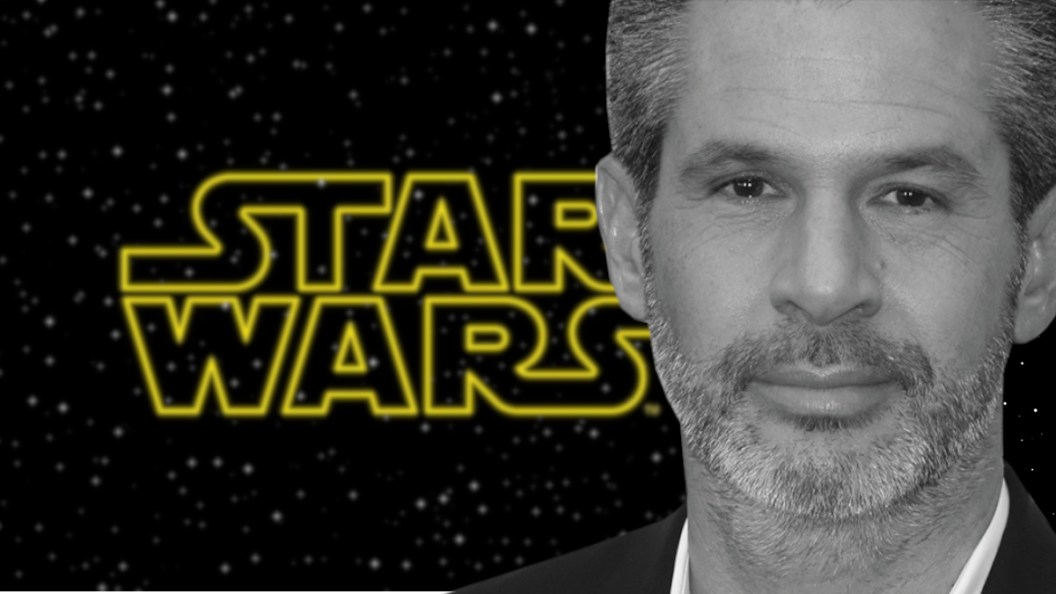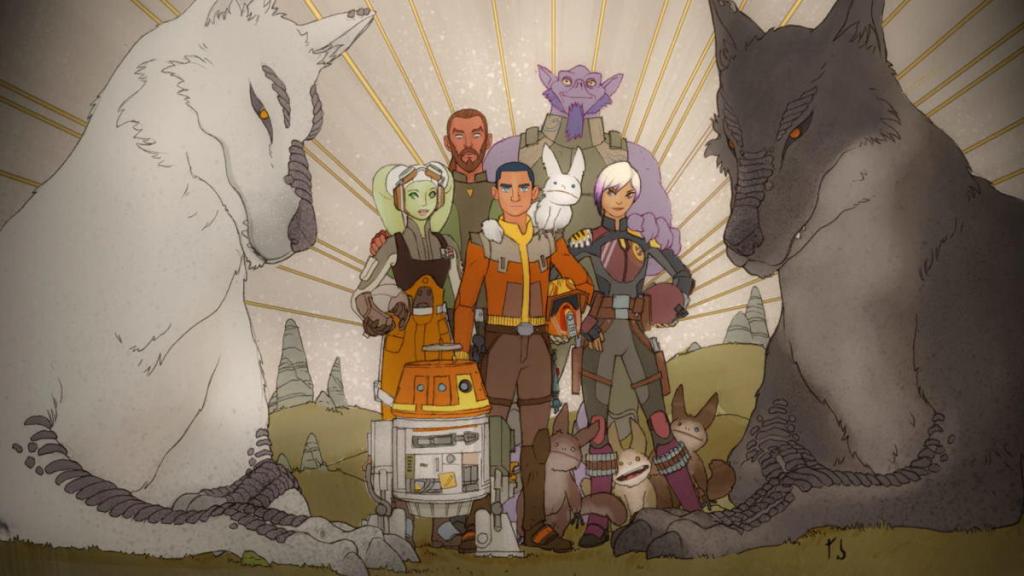
Today it was reported that longtime X-Men movie writer and producer Simon Kinberg is going to be writing and producing a new trilogy of Star Wars films. The online chatter amongst the Star Wars fandom has (not surprisingly) been less-than-unanimous in praising the decision to bring Kinberg on board, given some of the more infamous entries on his filmography. But a deeper look at Simon Kinberg’s work – particularly within the Star Wars franchise – may offer a good reason to be hopeful!
Simon Kinberg’s name tends to get dragged into the superhero movie fandoms due to his involvement with the Fox-Marvel Universe in the 2010s. Kinberg got into the X-Men movie franchise by writing the script for Brett Ratner’s X-Men: The Last Stand (2006), which is still one of the most universally panned X-Men films. He went on to produce X-Men: First Class (a mostly successful soft reboot), and then both wrote and produced X-Men: Days of Future Past, which is often hailed as one of the best X-Men films – and that’s where things get complicated. After DoFP Simon Kinberg’s work in the Fox-Marvel Universe was a scattered bit of wins and some big misses. He wrote and produced Josh Trank’s Fantastic Four reboot, which is largely hailed as one of the worst comic book movies of all time; he produced the two Deadpool movies, as well as Logan – but also wrote and produced X-Men: Apocalypse, and wrote, produced and directed Dark Phoenix, the final entry in the Fox X-Men movie saga, and produced the long-troubled spinoff film New Mutants.
The stigma of making X-Men: The Last Stand, Fant4stic, Apocalypse, and Dark Phoenix has often overshadowed the other great X-Men films Simon Kinberg was involved with – as well as the long list of non-comic book movies he’s been involved with, including Mr. & Mrs. Smith, Jumper, Robert Downey Jr.’s Sherlock Holmes, Abraham Lincoln: Vampire Hunter, Neill Blomkamp’s Elysium, and Chappie, Disney’s Cinderella (2015), and the Hercule Poirot book adaptations Murder on the Orient Express, Death on the Nile, and A Haunting in Venice. Kinberg has pretty much been successful at being a one-man Comic-Con of moviemaking – he’s also been behind some of Star Wars’ most successful projects in the 2010s…
Simon Kinberg’s Star Wars History Explained

Simon Kinberg was one of the co-creators of the Star Wars Rebels animated series (2014-2018) alongside Dave Filoni and Carrie Beck; Kinberg also served as writer and executive producer of the series.
After opening doors at Lucasfilm with Rebels, Kinberg was brought in as a creative consultant on Disney’s first Star Wars Sequel film, The Force Awakens. He also lent his creative talents to informally helping with Star Wars‘ first spinoff film, Rogue One: A Star Wars Story. Kinberg wasn’t given a whole lot of public shine for his work on those films – Lucasfilm credited him with special thank-you mentions in the end credits of both. That blind spot in his filmography only adds to the mistaken impression that Kinberg’s involvement in a project is some kind of commentary on its quality.
As you can see above, Simon Kinberg has extensive experience with genre storytelling and blockbuster franchises. The fact that he has influenced some of the best X-Men and Star Wars content of the last decade should earn him the benefit of the doubt in some measure – if not more respect.
…Then again, the makers of the Star Wars Sequel Trilogy (J.J. Abrams, Rian Johnson… Kingberg) had plenty of talent between them, and it wasn’t enough to make that trilogy a big win.
The Star Wars movies are streaming on Disney+.
The post Simon Kinberg’s Star Wars History Makes Him a Good Fit for a New Trilogy appeared first on ComicBook.com.

